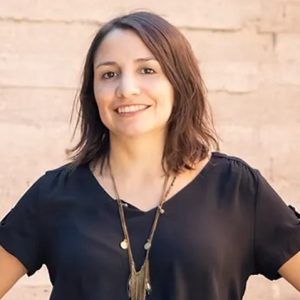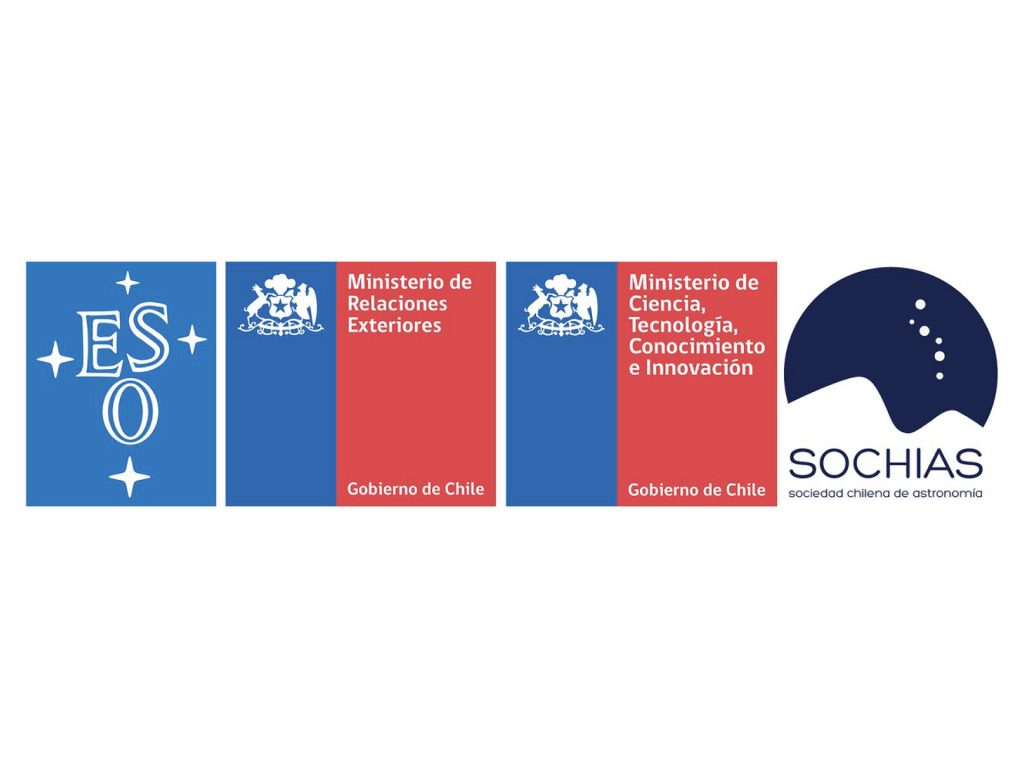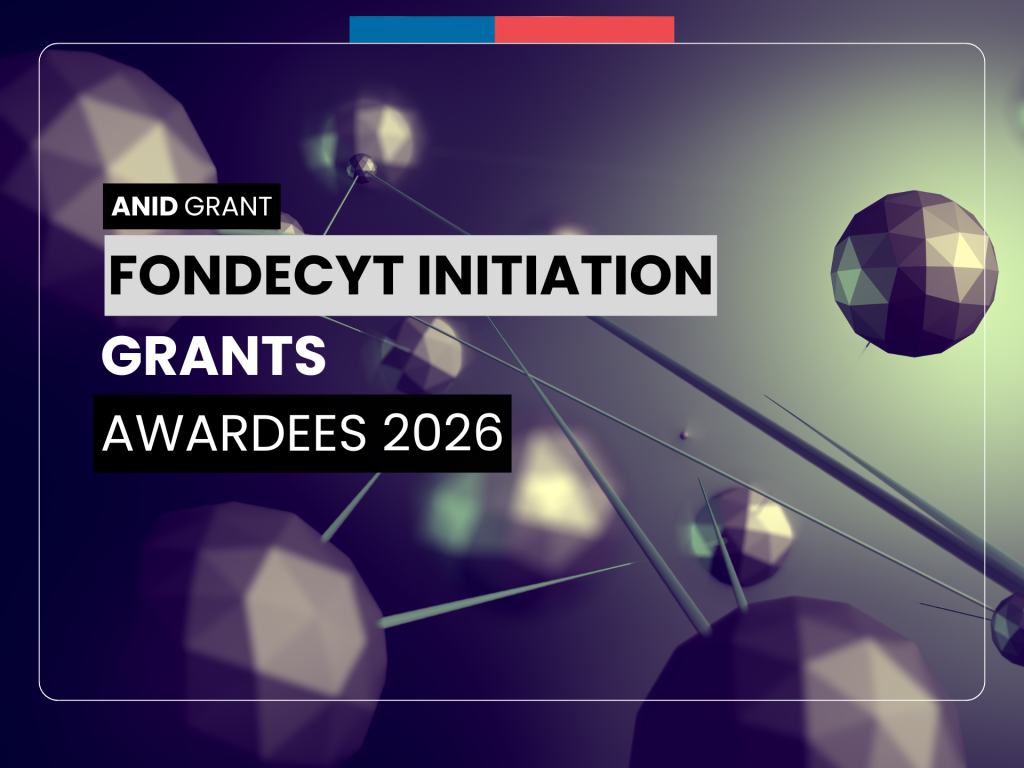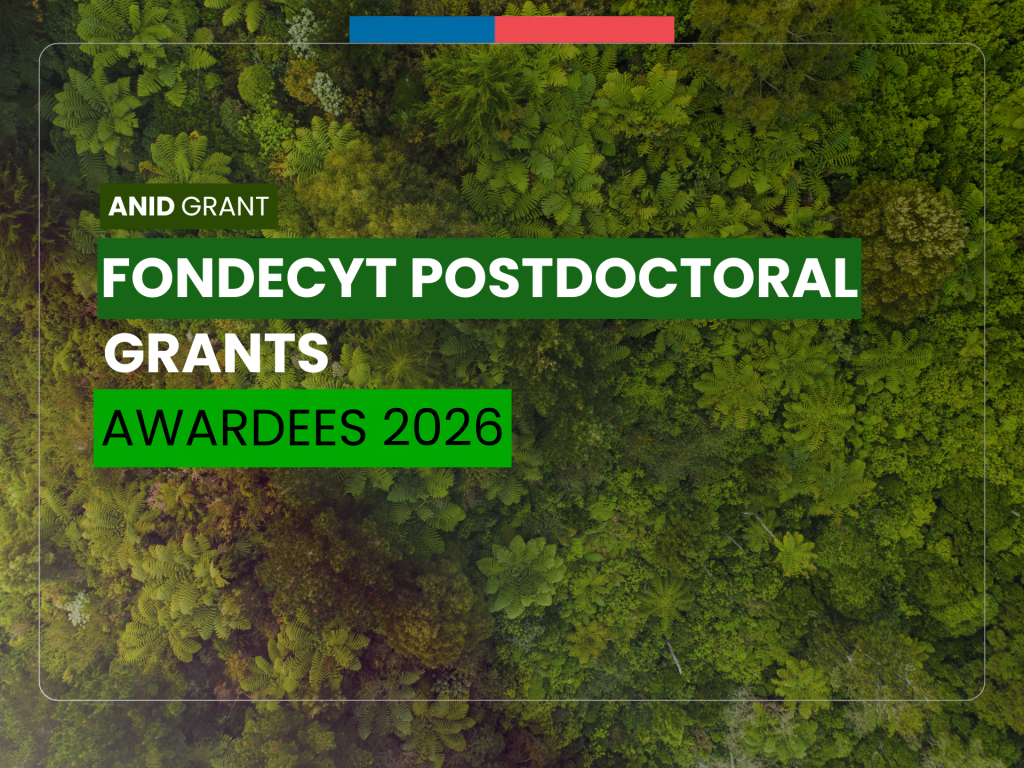
Isabel Hilliger
The project submitted by UC School of Engineering professor Isabel Hilliger, titled "Quality Assurance and Continuous Improvement in Higher Education: A Multiple Case Study on Curriculum Analytics in Latin American Universities," was one of six proposals selected in the 19th Call for Research in Education by Chile's National Education Council (CNED).
Globally, universities face the ongoing challenge of demonstrating that their graduates acquire the necessary skills for their future development. To address this, curriculum analytics have emerged as an innovative solution, enabling the measurement and improvement of learning outcomes through objective data. However, these tools often fail to translate into concrete actions.
This project seeks to bridge that gap by developing and implementing curriculum analytics in academic programs in Chile and Costa Rica. The goal is to assess their usefulness in driving educational improvements, taking into account the differences between both contexts. The findings will not only contribute to knowledge on how to optimize curricula but also provide practical solutions to enhance teaching quality.
This initiative represents a key step forward in helping universities meet accreditation requirements and, most importantly, address societal needs. By integrating data and decision-making, the project will strengthen the training of engineers, better preparing them for today’s challenges.


